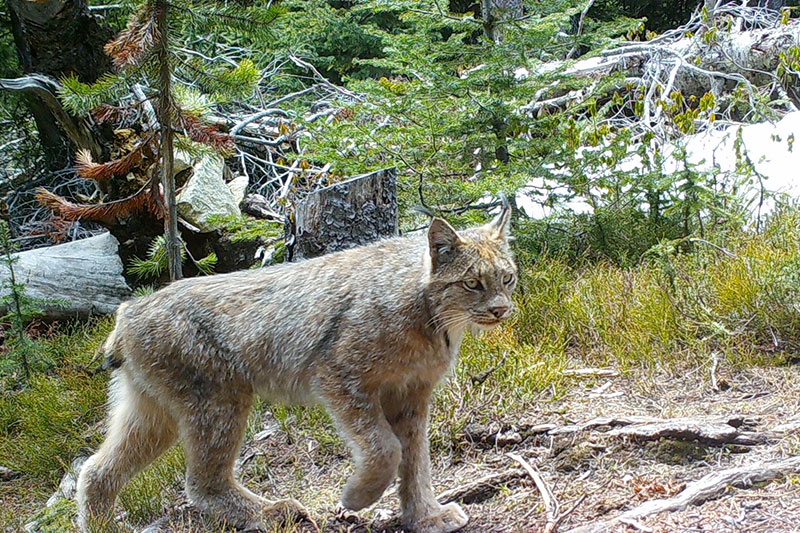WEBSITE MAINTENANCE
The website will be offline for maintenance at 11:00 p.m., Friday, February 20, 2026.
WEBSITE MAINTENANCE
The website will be offline for maintenance at 11:00 p.m., Friday, February 20, 2026.

Thousands of Seattle-area residents have already joined the movement to discover wildlife all around them by logging their carnivore spotting’s. Visit Carnivore Spotter now to report your local carnivore sightings and explore sightings throughout Seattle!
For the best experience, please use the Carnivore Spotter in Chrome or Firefox.
Please follow Woodland Park Zoo’s ongoing urban-wildland carnivore work via the Seattle Urban Carnivore Project.
Please see Michael Havrda’s thesis for more information
The Washington Urban–Wildland Carnivore Project is exploring ways to promote coexistence among humans and carnivores in King and Snohomish Counties. A collaboration between Woodland Park Zoo and the University of Washington (UW) School of Environmental and Forest Sciences, the research explores how carnivores respond to urbanization and human activity by studying where and when they occur and what happens to the system when apex carnivores are absent. Woodland Park Zoo Senior Conservation Scientist Robert Long, PhD, oversees the project for the zoo, and UW graduate student Michael Havrda coordinates and conducts research on the ground. Mr. Havrda is co-advised by Aaron Wirsing, PhD, from the Predator Ecology Lab at the UW School of Environmental and Forest Sciences.

As urbanization continues to increase, research on species that occur within the urban–wildland gradient helps set the stage for land-use planning, public education, outreach, and conservation. We surveyed 180 locations along a gradient of human development intensity, from urban to wildland, in King and Snohomish Counties. We deployed motion activated cameras in forest patches on federal, state, and municipal land and in the backyards of 27 private homeowners who volunteered to participate in the study. Over the course of a year, our cameras photographed over 1,500 coyotes, 466 bobcats, 214 black bears, 271 raccoons, 169 opossums, and 31 cougars. We are now in the process of analyzing all the data collected to determine how factors such as building density, green space availability, and level of human presence affect local carnivore communities.
Carnivores are particularly vulnerable to the stresses created by urbanization due to their large home ranges, low population density and reproductive rate, and high level of human persecution. As more natural habitat is developed, carnivores will be increasingly forced to use urbanized areas, placing these carnivore populations under even greater stress and increasing the risk of human-wildlife conflict. Because carnivores provide a number of ecosystem services that are critical to sustaining healthy ecosystems, the Washington Urban-Wildland Carnivore Project seeks to understand what factors contribute to their persistence in urbanized areas, increase public safety, and promote successful coexistence.